Every December since 2004, I’ve posted a year in review of Internet technology. In 2010, I began doing a top 10 list of my favorite technology products and I’m continuing that format this year.
2014 has been a particularly interesting year for new media, with innovations in blogging, podcasting, curation and paid content. Three of my top ten are examples of new media innovation.
My debut book about self-tracking, Trackers, will be released on Amazon and other platforms later this month. Naturally enough, three of my top 10 tech products are for health tracking. Not as many as in 2013 (five), but 2013 was when I wrote my book and so that’s when I used them the most. In many ways the best is yet to come with self-tracking, with the launch of Apple Watch in early 2015 set to shake things up.
It’s also been a good year for ‘real world’ Web: Uber, Airbnb, Square, Apple Pay and other services that bring the Internet onto Main Street. I only had room for one of these services in my top ten, but it’s the most representative of what’s great about this trend.
The other three tech products in my list are consumer services: for note-taking, password management, and music. Here we go…
1. Evernote
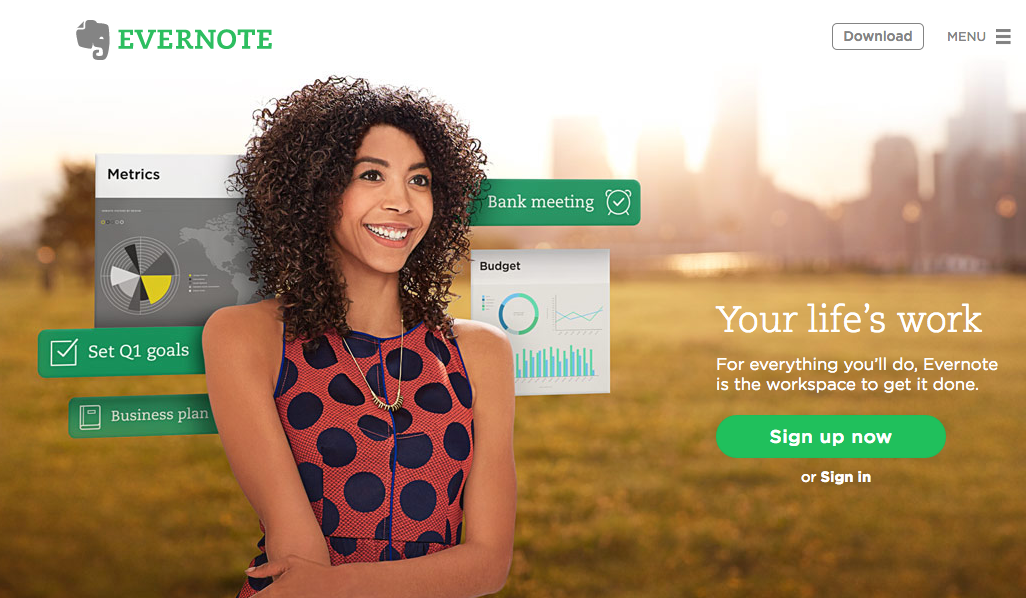
For the fourth year in a row, Evernote is my top technology product. It’s where I plan and organize everything: my book projects, my personal goals, house hunting, business ideas, etc. The fact that I can access – and add to – this information on all of my computing devices makes it an indispensable tool for me. I still use paper notebooks too, for daily notes and for handwritten journals, but they complement my usage of Evernote rather than compete with it.
2. Airbnb

This year I discovered the beauties of Airbnb, the social bed n’ breakfast service. On a book research trip to the US in May and June, I stayed with Airbnb hosts in Boston, New York and Palo Alto. Not only was this much less expensive than staying in hotels, I also thoroughly enjoyed meeting the locals and getting to know their neighborhoods. Airbnb has been disrupting the hotel business for a few years now. It’s an industry that needed to be disrupted, with its exorbitant daily rates, bad Wifi and thin walls. Uber has similarly disrupted the taxi industry and has gotten far more press than Airbnb this year. But for me, Airbnb is the best example currently of the Internet overhauling a complacent ‘real world’ market.
3. MyFitnessPal

MyFitnessPal is a smartphone app that allows you to track what you eat. One chapter in my book Trackers is devoted to the history of MyFitnessPal and the implications of using it. This year, the company has continued to improve its world-class app and further bulk up its already powerful database of food data. Of all the apps I used when writing Trackers, MyFitnessPal was the most useful to me.
4. Bleacher Report
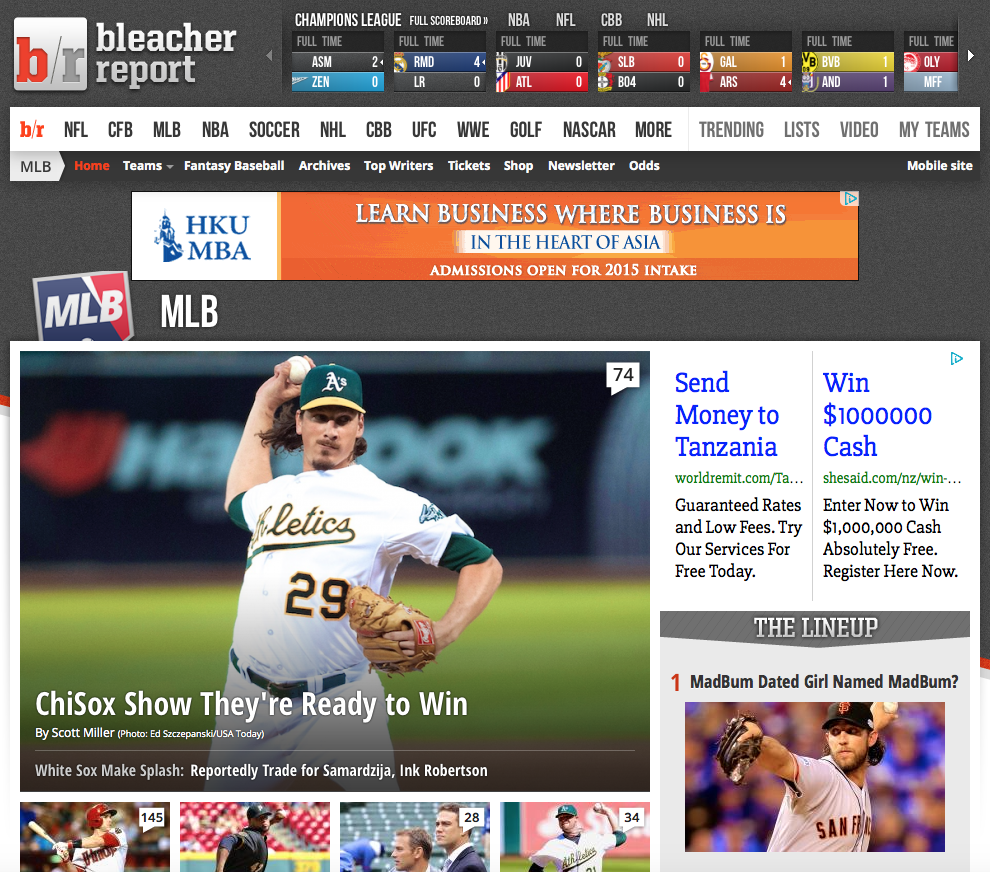
2014 has been a great year for independent media companies and in my view there is none better than Bleacher Report right now. Its ‘TeamStream’ smartphone app was my regular companion while watching the 2014 NBA Finals, the football World Cup, and the baseball World Series. The live data, stream of real-time tweets, and post-match analysis (particularly Alex Dimond during the World Cup, perhaps the best blogger-analyst around right now), all added to my experience of watching a live sports match. I also like how you can follow certain teams in the app and continue to get news year-round.
5. Fitbit
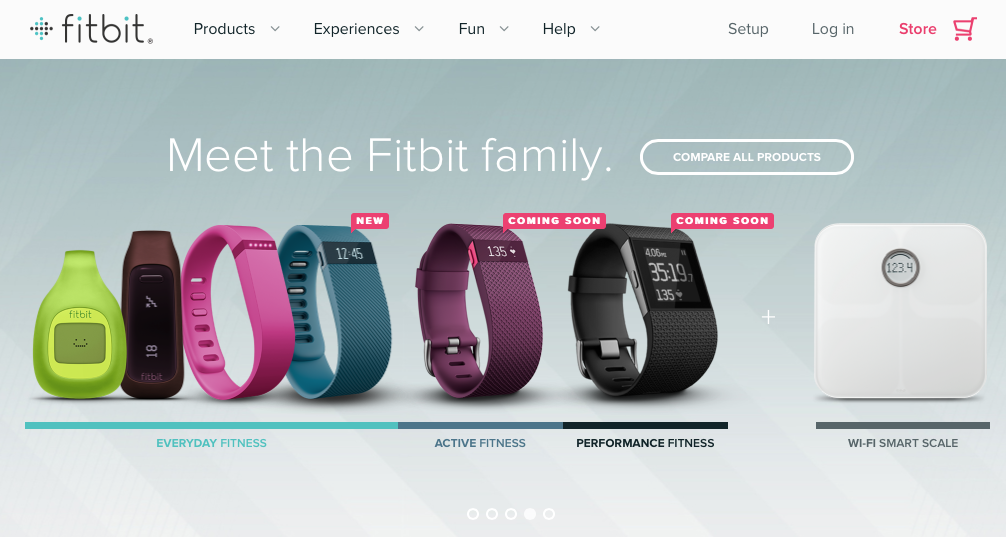
The subject of another chapter in my book Trackers, Fitbit has faced a lot of competition this year in a crowded self-tracking market. It’s going to get a lot tougher next year, when Apple Watch is released. But this year at least, Fitbit more than held its own. From the $100 Zip to the $250 Surge (due for release in 2015), it has a solid range of clip-on and wrist-worn activity trackers. I’d really like to see an indie tracking company hold off the inevitable surge into self-tracking from Apple, Google, Microsoft and other bigcos in 2015 and beyond. Fitbit seems the best bet to do that, although Jawbone’s UP is also doing good things in this market. Go the indies!
6. 1Password
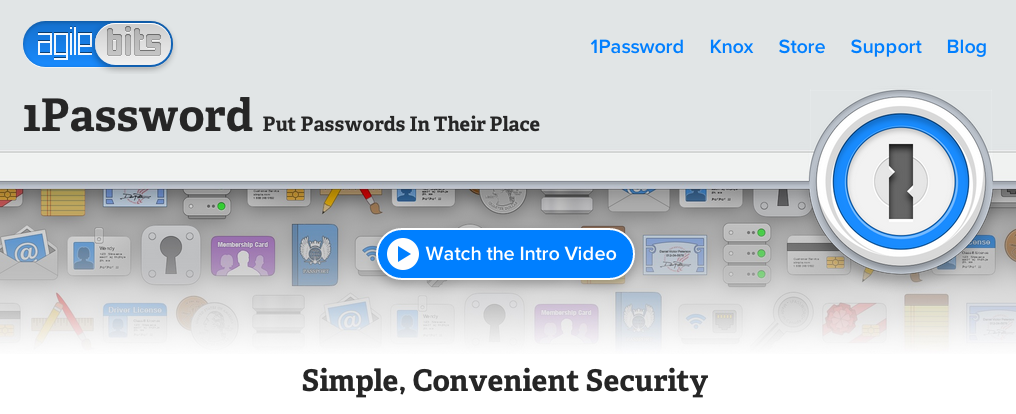
With the plethora of web sites, apps and services we now have to deal with on a daily basis, a good password manager is essential these days. I use 1Password to create and maintain an individual password for each service, which is the safest way to keep your data private across the Web. The addition of Apple’s touch ID for 1Password this year was a further reason to like it.
7. Overcast

2014 was an excellent year for podcasting. I found myself listening to more podcasts (and audio books) this year, partly thanks to new podcast apps such as Overcast. Basically a replacement for iTunes, which gets clunkier and cruftier every year, Overcast makes it easy to find new podcasts. Its organization of shows and categories needs some work, but features such as sound enhancement make Overcast a better choice than iTunes. Note: Overcast is iPhone only, but here’s a list of Android podcast apps.
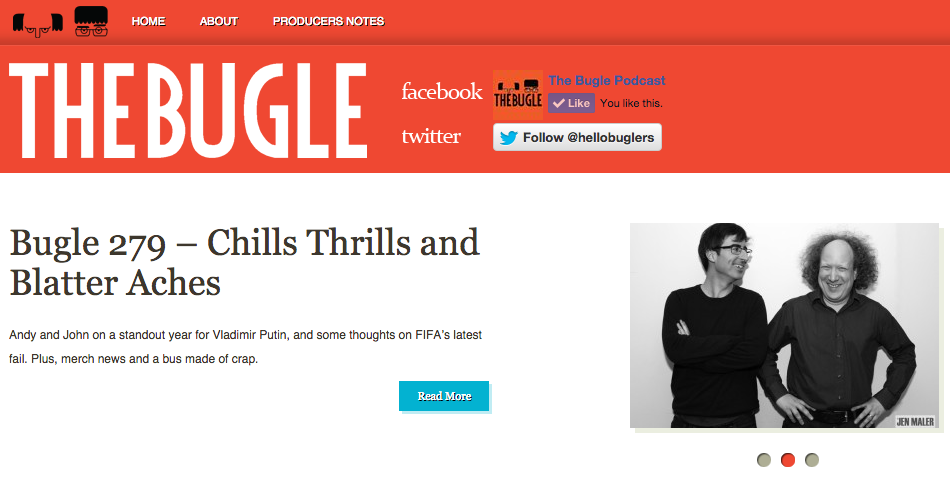
As for my favorite podcast shows this year, they included: The Bugle (if you think John Oliver is funny, wait till you hear his Bugle partner Andy Zaltzman and his infamous pun runs), NPR All Songs Considered (still the best music show), Bret Easton Ellis Podcast (a revelation this year, with his opinionated interviews), and The Partially Examined Life (my regular philosophy fix).
8. Spotify

Another mainstay of my top 10 list each year is Spotify. It’s had to battle Taylor Swift and others in the music industry this year, but for the consumer Spotify is a wonderful tool for finding new music and exploring back catalogs. I also love Spotify because it’s helping to keep the album format alive and flourishing. Playlists on Beats and personalized streaming on Pandora are all well and good. But the album is the supreme artistic format of music, even in this digital age – and Spotify respects and promotes that more than its competitors.
9. MediaREDEF
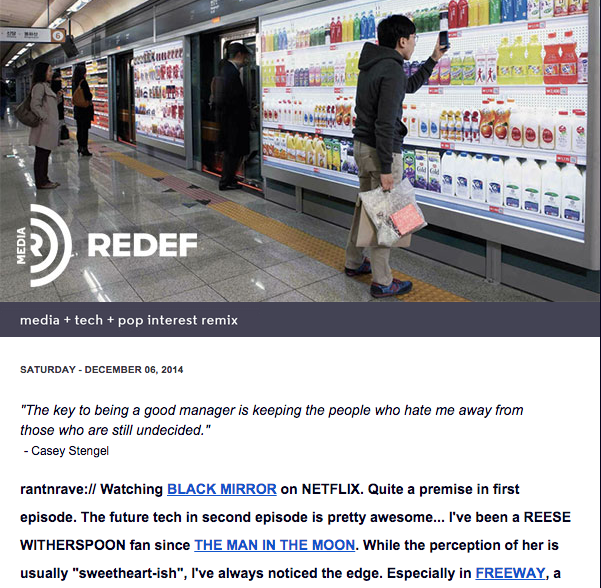
The email newsletter made a surprising comeback this year and there’s no better example than Jason Hirschhorn’s MediaREDEF. It also happens to be content curation at its finest. Every day I open up this email and find several fascinating stories. They’re usually things I wouldn’t have found on Techmeme (the best daily tech news aggregator), my RSS feeds in Feedly, or in social media like Facebook and Twitter. The Web is too noisy nowadays, so filtering services like MediaREDEF are needed and appreciated.
10. Glucose Buddy

Azumio’s diabetes management app, Glucose Buddy, is possibly my most used app. As a type 1 diabetic, I enter my blood sugar readings into GB Pro 5-6 times a day. Every month, I export my data to a spreadsheet to analyze it further – although GB Pro has excellent graphing features, so I could do that in-app if I wanted. One of the wonderful things about the self-tracking movement is that there’s an app for every aspect of your health. GB Pro is my go-to diabetes app.
Honorable Mentions:
Here are some of the technology products that didn’t quite make my top 10, but which I also found very useful this year:
- Medium: still evolving, but in 2014 it brought blogging back into fashion.
- iPhone 6 Plus: feels like a man-purse to carry around, but undeniably great for Web content.
- Feedly: my favorite RSS Reader, in this post-Google Reader world.
- FB Messenger: Facebook got a lot of flak for making messaging a standalone app, but it was the obvious thing to do – I use it a lot.
- Dropbox: the King of Cloud; plus, again, support the indies!
- Techmeme: as mentioned above, continues to be the leading tech news aggregator; I also read Mediagazer daily.
- OmniOutliner: my outlining software of choice in 2014.
- Hootsuite: had a much needed design overhaul this year, which made this Twitter list manager essential to me.
